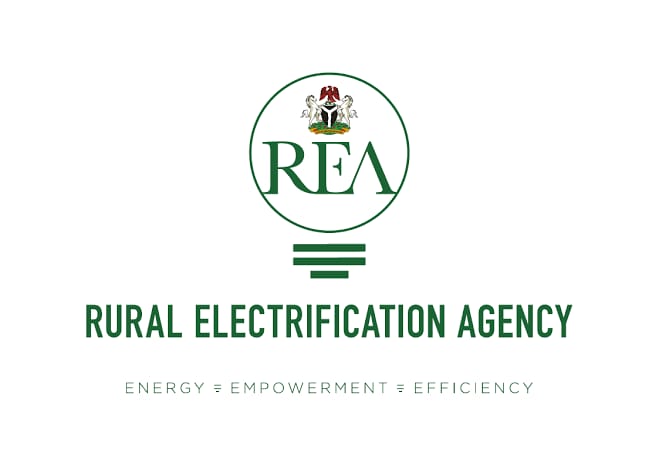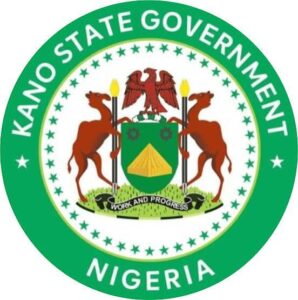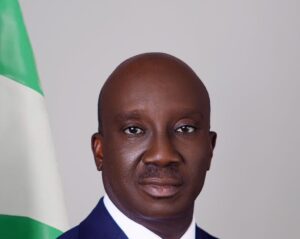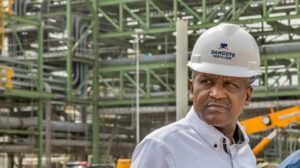The Rural Electrification Agency (REA) has signed a series of new agreements aimed at unlocking over ₦500 billion in private-sector-led investment for renewable energy projects across Nigeria.
At a stakeholder event held in Abuja themed “Strengthening Partnership for Sustainable Energy Access and Socio-Economic Development,” REA formalized multiple Memoranda of Understanding (MOUs) with players across sectors including agriculture, finance, security, clean energy, and correctional services.
Speaking at the event, REA’s Managing Director, Abba Aliyu, stressed that these MOUs go beyond paperwork, describing them as strategic tools for driving real results in rural electrification. He emphasized that past agreements had already led to concrete outcomes, such as the deployment of smart police stations in partnership with the Police Trust Fund and the creation of a renewable energy testing center with support from tech giant Huawei.
Additional achievements include mobilizing ₦100 billion in debt funding via First City Monument Bank, securing $20 million in concessional funding from the International Finance Corporation, and launching the NextGen initiative—training over 130 young Nigerians for employment in the renewable energy sector.
Aliyu said the REA is targeting a phased rollout of ₦500 billion in commercial funding to expand renewable energy infrastructure, noting that state-level partnerships have already triggered the construction of 200 mini-grids across 13 states.
One of the standout moments of the event was the partnership with the Nigerian Correctional Service. This deal will bring clean energy systems to custodial centers across the country, starting with the service’s headquarters in Abuja. The Controller-General of Corrections, Sylvester Nwakuche, welcomed the initiative, highlighting its potential to support inmate rehabilitation, vocational training, and educational access.
“This is about more than electricity—it’s about empowerment, second chances, and dignity,” Nwakuche said.
In a bid to boost efficiency and reduce costs, REA also revealed plans to collaborate with Galaxy Backbone to integrate internet and electricity deployment across educational institutions.
REA’s Executive Director of Technical Services, Umar Umar, shared data showing over 160 megawatts of solar power already deployed, benefiting 1,650 communities, 1,000 health facilities, and over six million Nigerians.
Also present, NIRSAL’s Managing Director Sa’ad Hamidu described energy as a catalyst for growth in Nigeria’s agriculture-dominated rural economy. He pledged support for powering agribusiness clusters and easing credit access for SMEs in the sector.
The event reinforced REA’s commitment to using strategic partnerships and private capital to bring sustainable electricity to Nigeria’s underserved communities.











